Knee pain is one of the most common musculoskeletal complaints worldwide. Whether it stems from aging, injury, overuse, or underlying conditions like arthritis, knee pain can limit your mobility and disrupt your daily life. While surgery and medications are sometimes necessary, many people find relief through natural and non-invasive methods. This article provides a comprehensive guide to understanding the causes of knee pain and outlines safe, natural ways to manage and treat it effectively.
🔍 Understanding the Knee Joint
The knee is a complex joint made up of:
- Bones: Femur (thigh), tibia (shin), and patella (kneecap)
- Cartilage: Acts as a cushion to reduce friction
- Ligaments and tendons: Provide support and movement
- Synovial fluid: Lubricates the joint
When any of these components are stressed, inflamed, or injured, pain may occur.
🦵 Common Causes of Knee Pain
- Osteoarthritis – Age-related wear and tear of cartilage
- Tendinitis – Inflammation of tendons due to overuse
- Bursitis – Inflammation of fluid-filled sacs in the joint
- Meniscus Tear – Injury to the cartilage from twisting or strain
- Ligament Injuries – ACL or MCL tears from sports or accidents
- Patellofemoral Syndrome – Misalignment of the kneecap
- Gout or Pseudogout – Build-up of crystals causing joint pain
🌿 Natural Treatments for Knee Pain
1. Exercise & Physical Therapy
Low-impact movement strengthens muscles and reduces joint stress:
- Walking, swimming, and cycling
- Quadriceps and hamstring stretches
- Resistance band exercises
👉 Tip: Consult a physiotherapist to design a program tailored to your condition.
2. Weight Management
Extra weight puts added pressure on your knees. Losing even 5-10% of your body weight can significantly reduce knee pain, especially in osteoarthritis.
3. Hot and Cold Therapy
- Cold packs reduce swelling and numb acute pain.
- Warm compresses relax muscles and improve circulation in chronic pain.
Use cold during flare-ups and heat for stiffness.
4. Anti-Inflammatory Diet
What you eat can either increase or decrease inflammation:
- Foods to Include: Turmeric, ginger, berries, leafy greens, olive oil, fatty fish
- Foods to Avoid: Sugar, processed meats, refined carbs, fried foods
5. Supplements
Always consult a doctor before taking supplements, but some that may help include:
- Glucosamine and Chondroitin – Support cartilage health
- Omega-3 Fatty Acids – Fight inflammation
- Vitamin D & Calcium – Strengthen bones
- Turmeric (Curcumin) – Natural anti-inflammatory
6. Massage and Acupressure
Gentle massage increases blood flow and reduces stiffness. Acupressure points around the knee may also ease discomfort.
7. Mind-Body Therapies
- Yoga and Tai Chi – Improve flexibility, balance, and strength
- Meditation and Breathing – Help cope with chronic pain and stress
❌ What to Avoid
- High-impact sports (running, jumping)
- Sitting or standing for prolonged periods
- Improper footwear (flat shoes or worn-out soles)
- Ignoring pain signals (rest when needed!)
🩺 When to See a Doctor
Seek medical help if you experience:
- Sudden severe pain or swelling
- Inability to bear weight
- Visible deformity
- Fever or redness (could indicate infection)
- Pain that persists despite natural treatments
✅ Final Thoughts
Natural treatments can be powerful tools in managing knee pain, especially when combined with lifestyle changes and gentle movement. While not all knee issues can be solved without medical intervention, many people can find relief, regain mobility, and improve quality of life with a consistent, holistic approach.
Remember: Every knee is different. Listen to your body, start slow, and consult professionals before beginning any new treatment.
ABOUT THE AUTHOR
Dr. Abid Akram is a dedicated medical practitioner known for his patient-centered approach and strong clinical expertise. With an MBBS degree and years of hands-on experience, he has developed a keen interest in preventive healthcare and internal medicine. Dr. Abid firmly believes that health is not just about treating illness but about empowering individuals to make lifestyle choices that prevent disease and promote long-term well-being. His approachable personality and ability to explain complex medical concepts in simple terms make him a trusted doctor among his patients. Outside of his clinical practice, Dr. Abid contributes to community health awareness programs, aiming to bridge the gap between medical knowledge and everyday life.

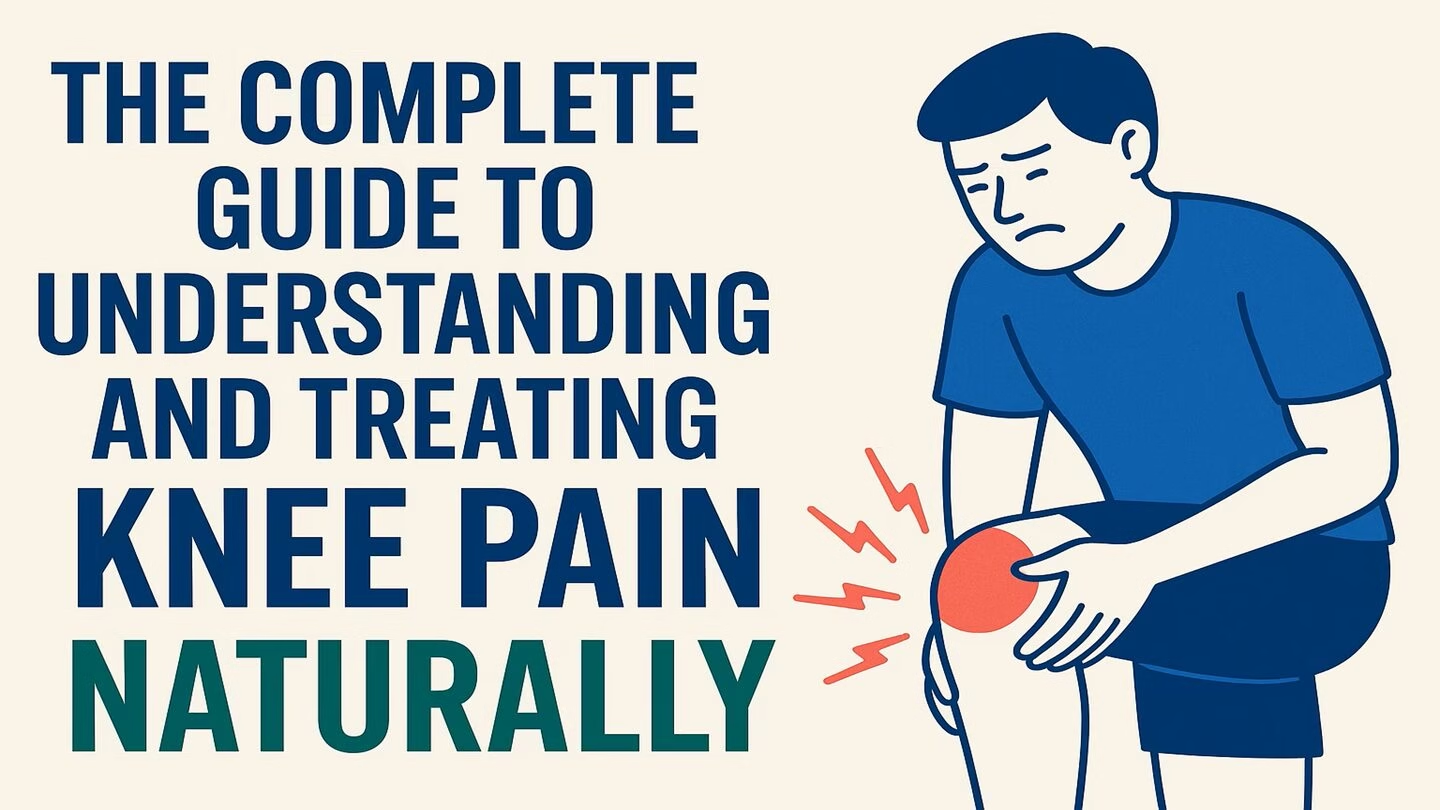



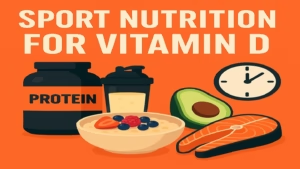




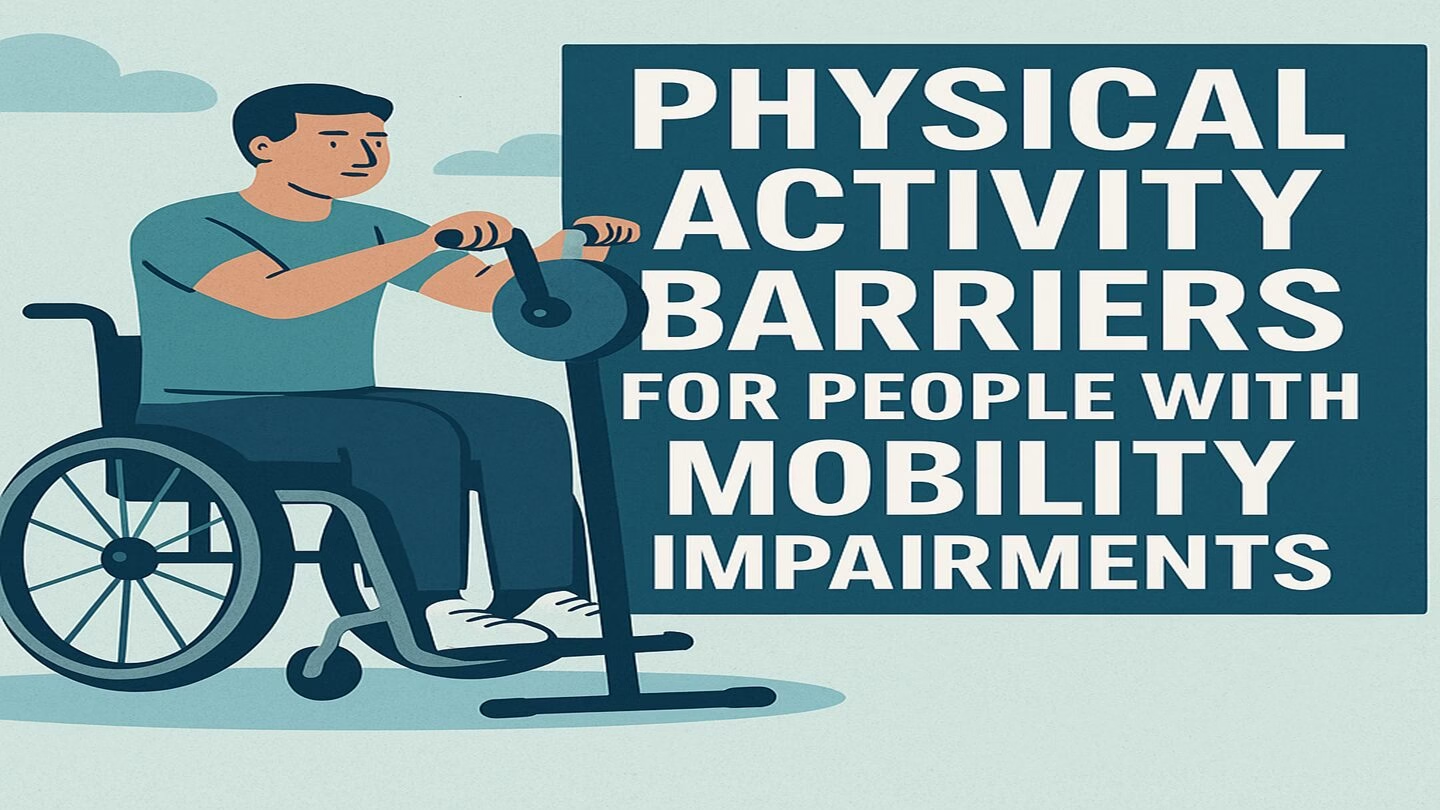

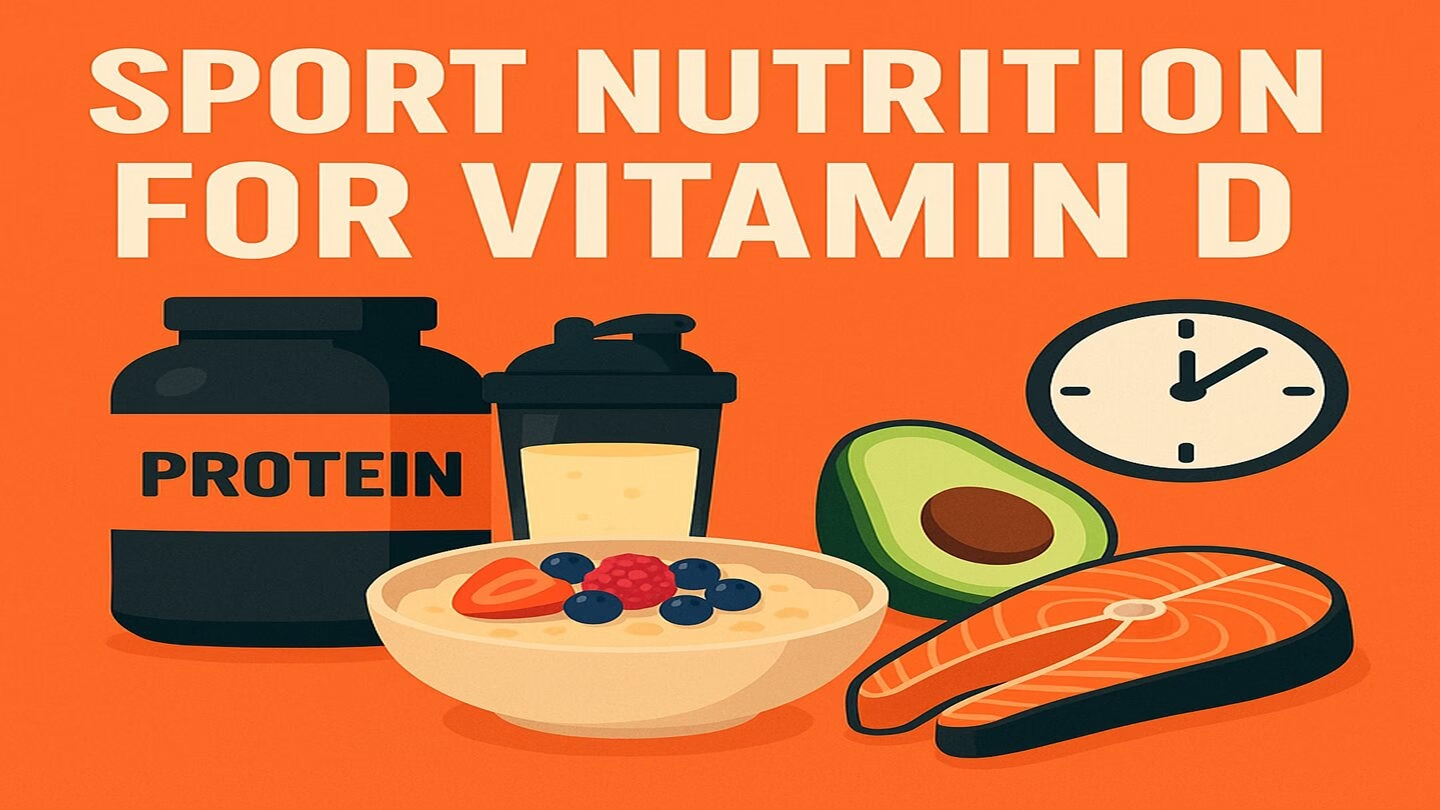
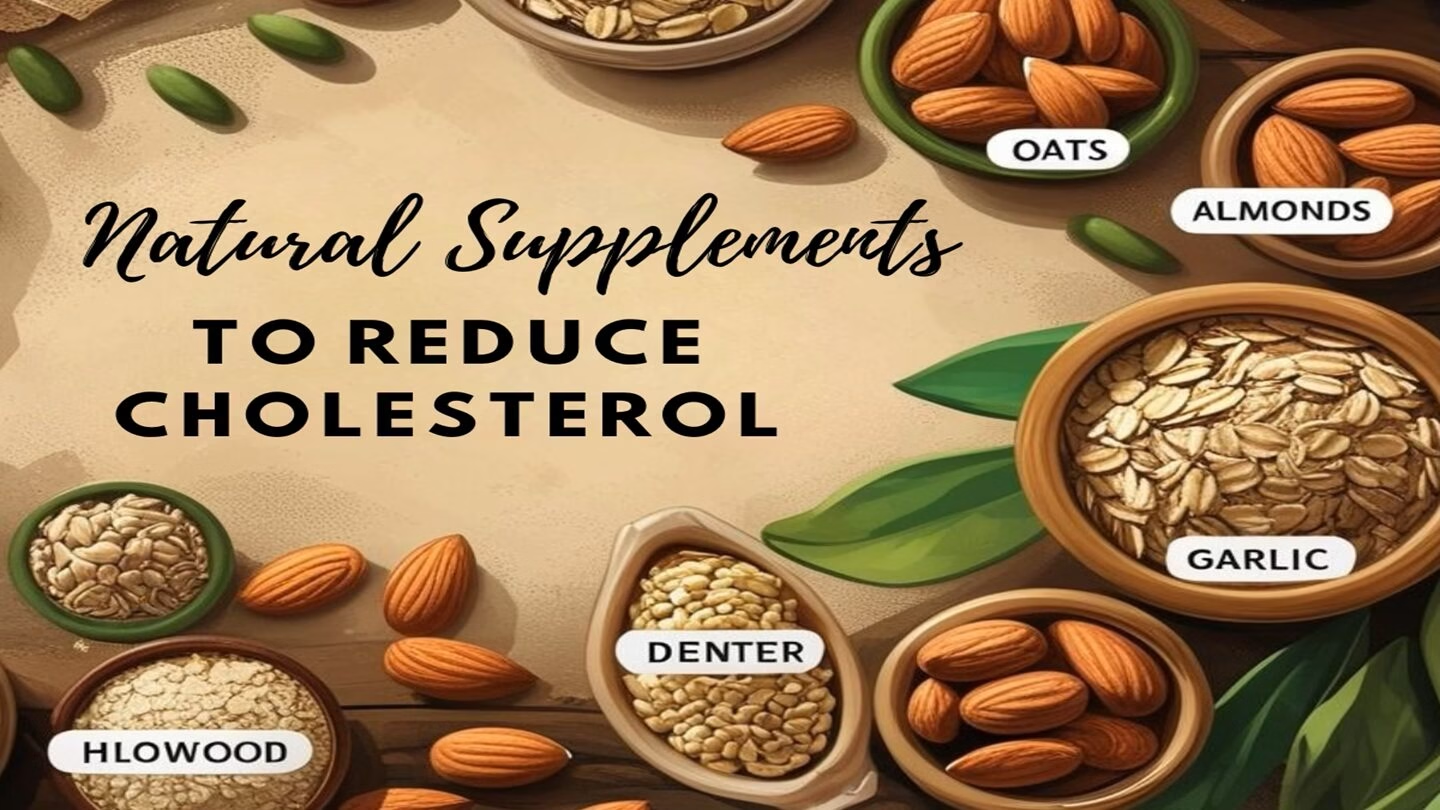
Add comment